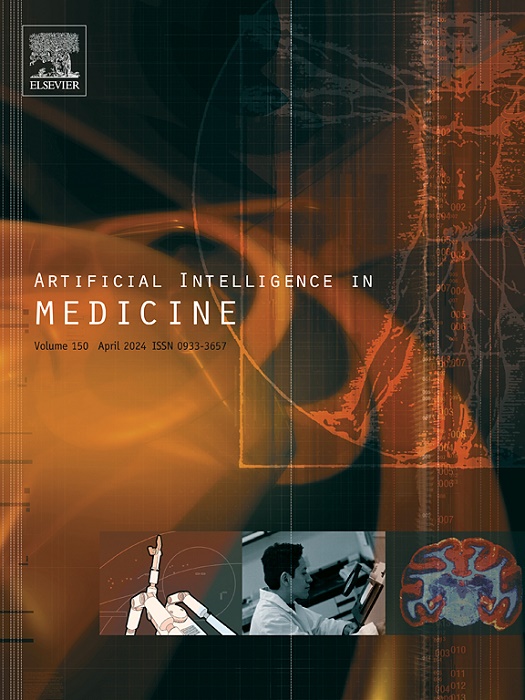Implementation of artificial intelligence approaches in oncology clinical trials: A systematic review
IF 6.1
2区 医学
Q1 COMPUTER SCIENCE, ARTIFICIAL INTELLIGENCE
引用次数: 0
Abstract
Introduction
There is a growing interest in leveraging artificial intelligence (AI) technologies to enhance various aspects of clinical trials. The goal of this systematic review is to assess the impact of implementing AI approaches on different aspects of oncology clinical trials.
Methods
Pertinent keywords were used to find relevant articles published in PubMed, Scopus, and Google Scholar databases, which described the clinical application of AI approaches. A quality evaluation utilizing a customized checklist specifically adapted was conducted. This study is registered with PROSPERO (CRD42024537153).
Results
Out of the identified 2833 studies, 72 studies satisfied the inclusion criteria. Clinical Trial Enrollment & Eligibility were among the most commonly studied clinical trial aspects with 30 papers. The prediction of outcomes was covered in 25 studies of which 15 addressed the prediction of patients' survival and 10 addressed the prediction of drug outcomes. The trial design was studied in 10 articles. Three studies addressed each of the personalized treatments and decision-making, while one addressed data management. The results demonstrate using AI in cancer clinical trials has the potential to increase clinical trial enrollment, predict clinical outcomes, improve trial design, enhance personalized treatments, and increase concordance in decision-making. Additionally, automating some areas and tasks, clinical trials were made more efficient, and human error was minimized. Nevertheless, concerns and restrictions related to the application of AI in clinical studies are also noted.
Conclusion
AI tools have the potential to revolutionize the design, enrollment rate, and outcome prediction of oncology clinical trials.
人工智能方法在肿瘤临床试验中的应用:系统综述。
导论:人们对利用人工智能(AI)技术来增强临床试验的各个方面越来越感兴趣。本系统综述的目的是评估实施人工智能方法对肿瘤临床试验不同方面的影响。方法:使用相关关键词在PubMed、Scopus、谷歌Scholar数据库中查找描述人工智能方法临床应用的相关文章。利用一份专门定制的检查表进行了质量评估。本研究已在PROSPERO注册(CRD42024537153)。结果:在纳入的2833项研究中,72项研究符合纳入标准。临床试验入组和资格是研究最多的临床试验方面,有30篇论文。结果预测涉及25项研究,其中15项涉及患者生存预测,10项涉及药物结果预测。试验设计共10篇。三项研究分别涉及个性化治疗和决策,而一项研究涉及数据管理。研究结果表明,在癌症临床试验中使用人工智能具有增加临床试验入组、预测临床结果、改进试验设计、增强个性化治疗和提高决策一致性的潜力。此外,自动化了一些领域和任务,提高了临床试验的效率,并最大限度地减少了人为错误。然而,也注意到与人工智能在临床研究中的应用有关的问题和限制。结论:人工智能工具有可能彻底改变肿瘤临床试验的设计、入组率和结果预测。
本文章由计算机程序翻译,如有差异,请以英文原文为准。
求助全文
约1分钟内获得全文
求助全文
来源期刊

Artificial Intelligence in Medicine
工程技术-工程:生物医学
CiteScore
15.00
自引率
2.70%
发文量
143
审稿时长
6.3 months
期刊介绍:
Artificial Intelligence in Medicine publishes original articles from a wide variety of interdisciplinary perspectives concerning the theory and practice of artificial intelligence (AI) in medicine, medically-oriented human biology, and health care.
Artificial intelligence in medicine may be characterized as the scientific discipline pertaining to research studies, projects, and applications that aim at supporting decision-based medical tasks through knowledge- and/or data-intensive computer-based solutions that ultimately support and improve the performance of a human care provider.
 求助内容:
求助内容: 应助结果提醒方式:
应助结果提醒方式:


